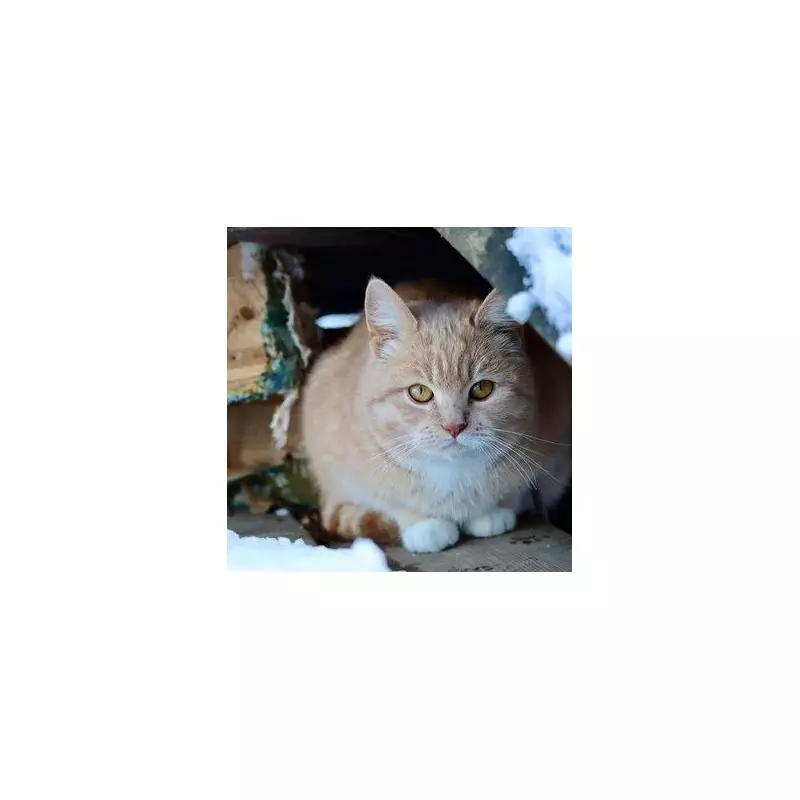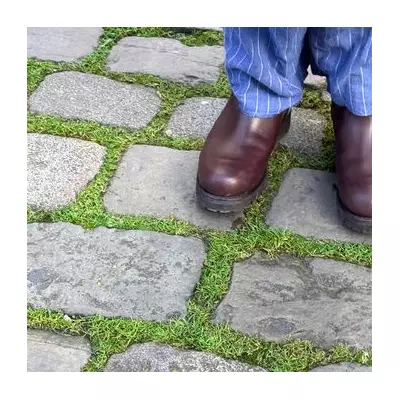
Cat owners across the United Kingdom are being issued an urgent warning as a severe cold spell brings with it two hidden, and potentially fatal, dangers to their feline companions.
The Lethal Threat of Antifreeze
As temperatures plummet below zero and ice grips the nation, many households are using antifreeze to de-ice their vehicles. However, this common winter product contains a substance that is extremely toxic to cats. Tragically, numerous pets lose their lives each year after ingesting the substance from accidental spills or leaks.
The RSPCA is urging extreme vigilance, as symptoms of poisoning can appear in as little as 30 minutes. In other cases, signs of kidney failure might not be obvious for two to three days.
If you suspect your cat has encountered antifreeze, it is critical to seek immediate veterinary assistance. Key signs to watch for include:
- Vomiting
- Lethargy or depression
- Loss of coordination
- Seizures
- Difficulty breathing
The chances of survival are significantly higher the sooner the cat receives medical treatment.
Rock Salt: A Hidden Paw Hazard
Antifreeze is not the only winter peril. Rock salt, used extensively to grit roads and pavements, also poses a serious risk. This mixture of salt and grit can be toxic if licked off paws or fur.
Symptoms of rock salt poisoning can include excessive thirst, vomiting, lethargy, and in severe cases, kidney damage and convulsions. The RSPCA advises pet owners to rinse their cat's paws and fur with warm water and pet-friendly shampoo after they have been outside in gritted areas.
If you believe your pet has consumed rock salt, you must contact your vet immediately.
How to Protect Your Pet
Pet owners can take proactive steps to mitigate these risks. Always store antifreeze products securely in a sealed container, clearly labelled and well out of reach of animals. Clean up any spills instantly, no matter how small they may seem, and dispose of antifreeze responsibly.
Shockingly, there have also been reports of deliberate antifreeze poisonings across the UK. Such acts are considered a criminal offence under the Animal Welfare Act 2006. Anyone found guilty of this crime faces a maximum penalty of six months in prison and/or a £20,000 fine.
By remaining aware of these dangers and taking simple preventative measures, cat owners can help ensure their pets stay safe throughout the winter months.





